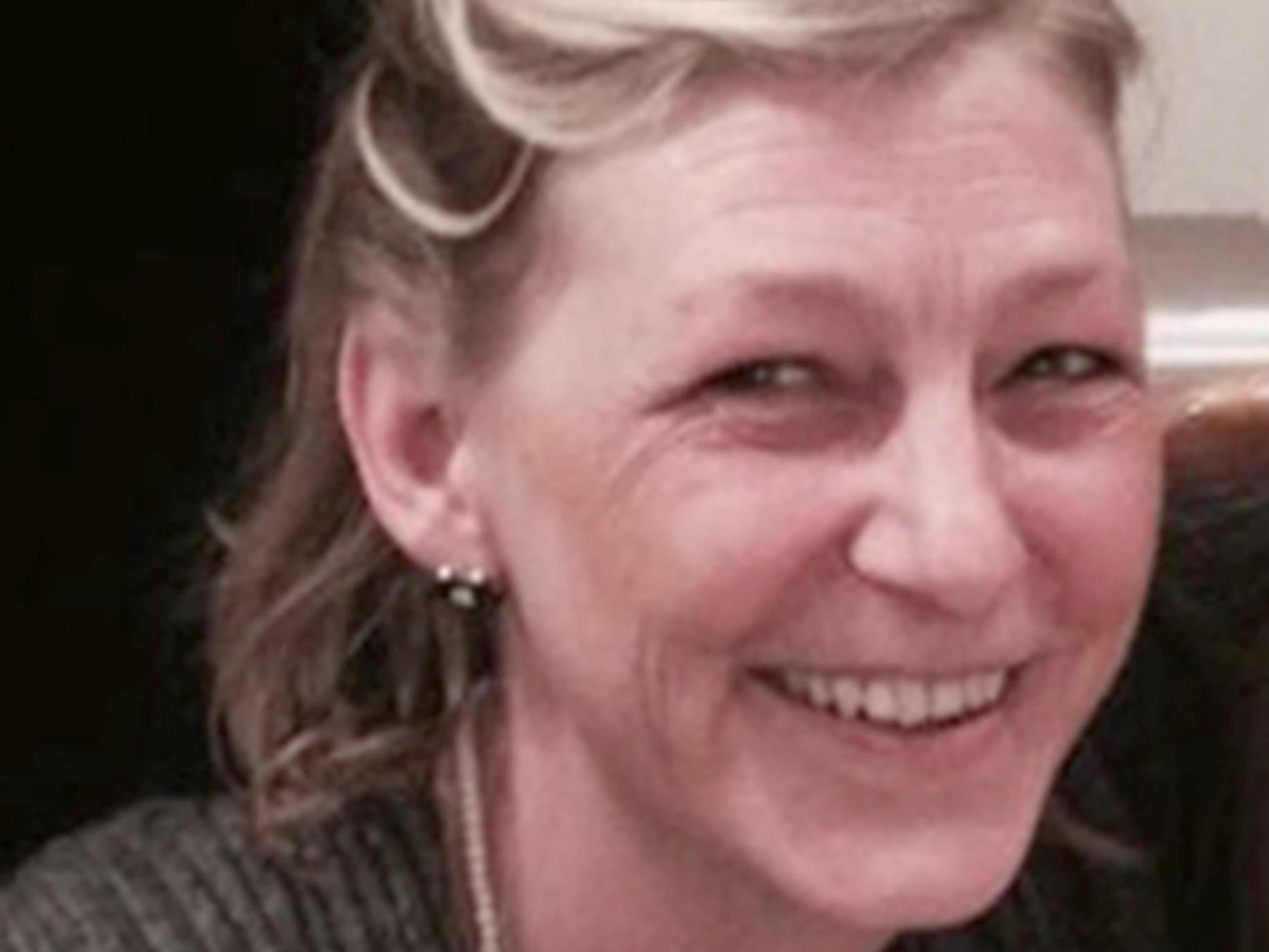Novichok victim was saved by anti-nerve agent drug never before used in UK
Charlie Rowley, who fell ill after contact with perfume bottle, was given antidote by paramedics in Amesbury

An anti-nerve agent drug never before used on a patient in the UK was administered to one of the Novichok victims to save his life, according to a top official in the emergency services.
Charlie Rowley, 45, was exposed to the same noxious substance used to attack ex-spy Sergei Skripal and his daughter Yulia in Salisbury in March last year.
Mr Rowley and Dawn Sturgess, 44, fell ill in Amesbury months later after coming into contact with a perfume bottle believed to have been used in the Novichok poisonings. Ms Sturgess died in July last year.
Wayne Darch, the head of emergency preparedness, resilience and response at South Western Ambulance Service NHS Foundation Trust (SWASFT), has revealed that Mr Rowley was given an anti-nerve agent which paramedics began to carry in response to the terrorist threat.
In an interview with The Guardian, the official said his team “did a fantastic job under difficult circumstances and undoubtedly saved Charlie’s life”.
He explained that the first call following the collapse of Ms Sturgess was received at 10.15am on 30 June.
Mr Darch said that there was nothing to make those responding think it was another poisoning, but when a second call was logged for the same address at 6.20pm it was highlighted to the local commander who had helped the Skripals and went to Mr Rowley’s property.
“It’s unusual that we would get called to the same address on the same day for two separate patients,” he told the newspaper.
“The crew that attended Charlie took a particular course of treatment. When that wasn’t effective, they suspected that it may be nerve agent.”
Without confirmation that he had come into contact with Novichok or another nerve agent, the paramedics put on protective suits, face masks, aprons and gloves, and treated Mr Rowley as if he had.
Previously unaware he had been given the anti-nerve antidote, in response to the revelation Mr Rowley said he is “very grateful” to the emergency services. He added: “I have to take my hat off to everyone who helped us.”

In the wake of the two Novichok incidents, a number of paramedics who responded to them reported feeling unwell with issues including headaches and sore throats.
A spokesman for the SWASFT said: “Following what was a very stressful period for those who responded to the Novichok incidents, all crews involved in these incidents were given a full range of support and were cleared for work by Occupational Health on the specialist advice of Public Health England.
“We recognise that this was a difficult and uncertain time for our crews.
“They received daily contact from their managers, one-to-one sessions, group debriefs, specialist TRIM and Red Poppy counselling sessions, health monitoring from Public Health England and rapid access to Occupational Healthand the Trust's Staying Well Service. This was also made available to their families.
“They all also received specialist advice and support in line with Public Health England guidelines in relation to a range of concerns, including signs, symptoms and blood testing as well as quarantine for equipment and uniforms. Access to this support continues to be available to any member of staff who has any ongoing concerns.”
Two Russian nationals have been accused of travelling to the UK to try to murder Mr Skripal with Novichok - smearing the highly-toxic substance on the door handle of his home.
Evidence gathered by intelligence agencies led the government to conclude that the men were officers from the Russian military intelligence service, the GRU.
The suspects – known by their aliases Alexander Petrov and Ruslan Boshirov – were caught on CCTV in Salisbury the day before the attack.
Russia has repeatedly denied any involvement, with president Vladimir Putin claiming the two suspects were civilians, and the pair stating in an interview that they were tourists visiting Salisbury’s famous cathedral.
Additional reporting by PA
Join our commenting forum
Join thought-provoking conversations, follow other Independent readers and see their replies
Comments